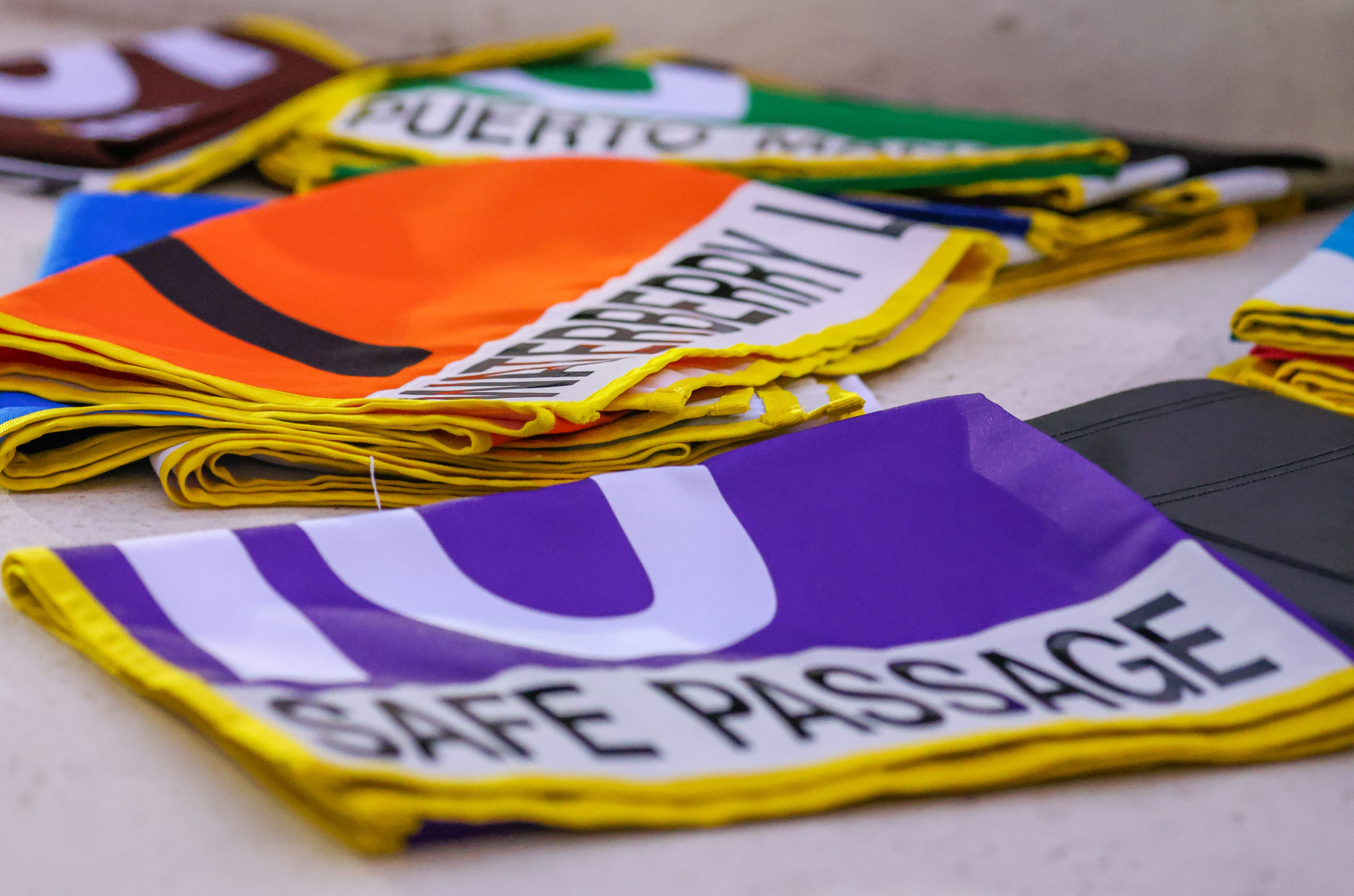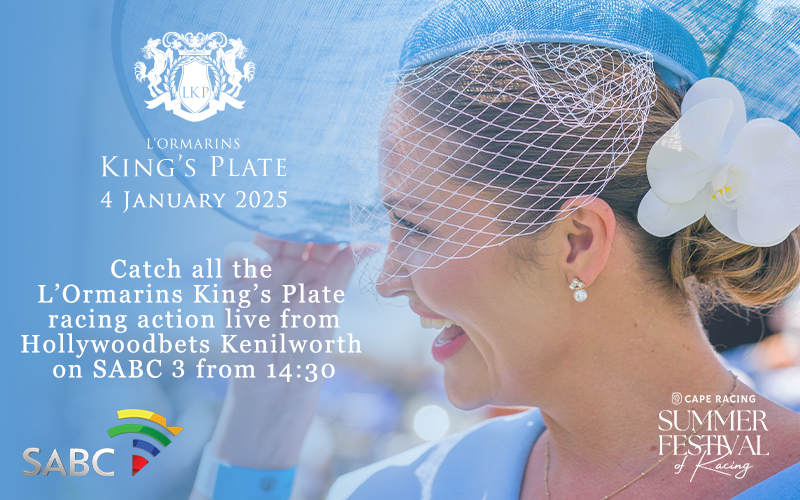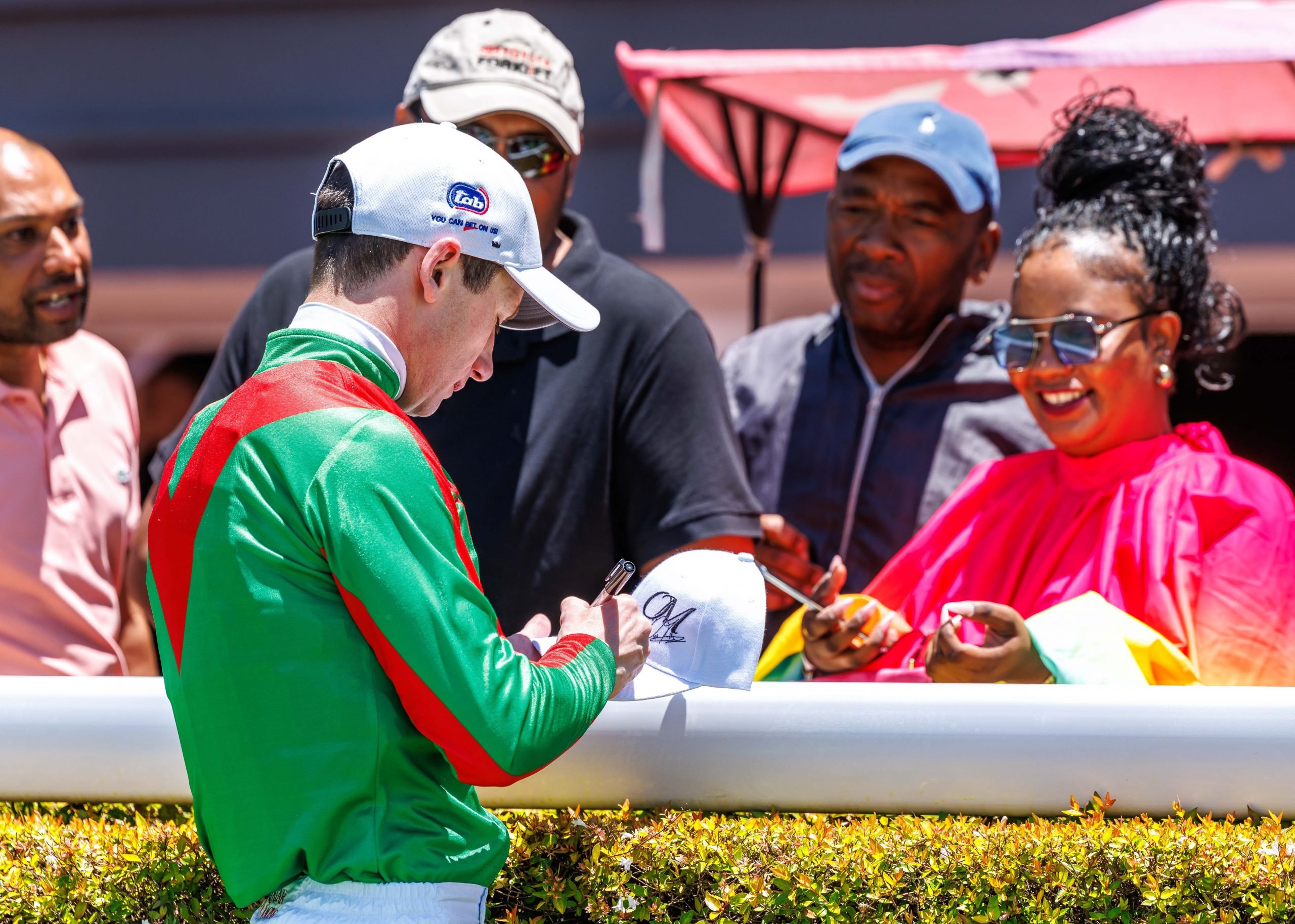It is reassuring to see racing’s administrators becoming more involved in seeking global solutions to the challenges faced by our industry and sport. On the 6th of October the “Leaders in Racing” conference will take place in London and the list of speakers and attendees at this event is truly impressive. The topics for discussion are superbly relevant to the current climate and I hope that a number of meaningful ideas will emerge from this occasion.
One of the topics that always come to the fore in any discussion on racing’s future is the issue of traditional versus modern. This has always been seen as a stumbling block for the future development of the sport and it is something that very few people in the industry agree on. There is a general belief that these two views are not compatible and that racing with its more traditional image will battle to convince a more modern market of the merits of involvement in our sport.
I do not share this view and I believe that young and old and modern and traditional could happily and beneficially co-exist to re-launch racing as a premier and socially desirable pastime. As far as the younger generation goes, tradition does not have to mean boring rules and regulations and old ideas. Tradition is about maintaining standards, values and respect for each other for everyone’s benefit and to add a sense of structure to proceedings. At the same time modern should not be interpreted as synonymous with disrespect, rowdiness and anarchical behaviour. It is really about exuberance, spontaneity and self-expression. We need to accept and reach out to one another, embrace change and different views, and realise the value of a more broad based involvement in our sport.
The industry needs to create an environment in which every future participant will feel welcome and valued and where age, income and class disparities will not be an obstacle to involvement. I am not suggesting that the current environment favours specific segments of society but I believe that racing has to set itself a goal to reach out to the total community and establish itself as the pastime of choice. These goals have to be set for ownership in racing, as well as involvement in the betting side of the game. These two areas hold the key to success and all efforts should be concentrated on these two pivotal aspects of racing.
The funding of racing, as mentioned before, is under severe pressure through heightened competition for existing business, an inability to attract new support for pool betting and an expensive infrastructure that has to be maintained. Current racing models globally have an unhealthy reliance on churn, which has been necessitated by thin margins on single race betting products and very few new entrants to the game. For every customer lost to the game or to a competitor the effect of churn causes an exponential decline in turnover and revenue which racing can ill afford.
The reality is that pool betting operators are responsible for staging races and race meetings and without growing pools, racing stakes and the frequency of events will be affected. Growth is the critical driver of any industry and even more so in racing where not all competitors are equally burdened with the responsibility of maintaining the sport. Pool betting needs strong growth to prevent it becoming a subsidised industry that has to rely on hand outs for its existence. I have no doubt that betting operators can overcome this threat but it will not happen if they hang on to the current model until it is too late. There is a wise old saying in banking, amongst traders, that you should never be married to a position or a view, as this can cause great loss. Racing seems to be suffering from this condition and I have encountered a general resistance to accept new ideas and concepts.
The traditional wagering market will not be able to provide sufficient growth to maintain racing over the longer term and the future of our sport will depend on the ability of betting operators, and more importantly pool betting operators (totes), to unlock opportunities in the non-traditional segments of the market. This brings me back to my earlier point and the need for the traditional and more modern markets to be targeted in a unified approach to grow racing globally.
These markets do have distinct differences in terms of their needs but there are a number of synergies that will benefit both groups and racing as a whole. The traditional market is driven mainly by a strong wagering involvement that centres mostly on financial outcomes and achieving value through more attractive odds. It is exactly this search for value that is being targeted by a host of new betting operators, and they have managed to successfully target the bigger and more serious punter to the detriment of pool betting. You cannot blame any of the role players or punters for what is happening to racing since the search for value is what defines modern society in all aspects of our existence.
Pool betting operators need to realise that the playing field has changed forever and they have to adapt to a new set of rules to be successful. Your non-traditional market will get involved in activities for different reasons than purely the wagering aspects of it. The entertainment, social and competitive aspects of participation, rates very highly in their decision to get involved, and this need to be acknowledged in new concepts and products aimed at this market. This does not mean that winning events and prize money is not important to this market, but it is the earning of bragging rights by outperforming other contestants and the prestige of leading a log or winning a series, that will really create interest to become involved in an event. The other drivers of this market are events that provide extended involvement and affordability (value for money entertainment, not wagering).
The net outcome of involving both traditional and non-traditional groups will be a substantial increase in turnover and individual pools that will be highly beneficial to racing. Pool betting operators should not hesitate to expand their product portfolios with more modern concepts, as these products will not lead to substitution of the current range, but their introduction will be highly complementary to the overall offering. These market segments differ in their needs and the product range must reflect these subtleties. Racing will benefit greatly from a more broad based, and growing following, not just in terms of higher turnover, but it will lead to greater media representation and exposure, which in turn will create new sponsorship opportunities.
Pool betting operators should concentrate in future on getting large numbers of smaller, but regular players, involved in wagering. The pari-mutuel concept is most effective in targeting smaller players with products that give large returns relative to a player’s outlay. Your big single race player will mostly opt for fixed odds betting in preference to pool betting and the open bet will ensure that this route will remain very appealing. My advice to pool betting operators is to introduce products which will appeal to the mass market and the speciality markets, and concepts with great potential monetary gain that would persuade your current bigger pool player to stay with the tote or to at least keep a meaningful percentage of their wagering with the tote.
I have mentioned in previous articles that my research suggests that extended multi-leg games could be a lot more popular globally and their characteristics could have significant appeal to non-traditional markets. This format can generate extended fun and entertainment and provide newcomers with an affordable and competitive option to get involved in racing. This will however only be possible by using a more forgiving methodology to determine the winners of each game and as promised in previous articles I will now elaborate on my patented concept.
The concept basically has three pillars, which aims to create excitement, growing pools and prestige and competition, which should appeal to the broadest possible segment of the market and provide betting operators with a unique acquisition tool and a platform for strong growth in turnover. Racing’s long term funding will depend on concepts that will create large pools, growing numbers of new participants and most importantly, new money for the game.
The basic patented concept is called SCORELINE:
SUMMARY
An extended multi-leg game – Preferably seven or more legs – recommended 8 legs
The reason for a longer version is extended fun and entertainment for the whole or a large part of a race meeting and to give new participants maximum exposure to racing. More legs also create a more exciting and more forgiving differentiation opportunity and bigger potential pay outs. Longer games are normally associated with greater difficulty but this concern has been overcome in a fairly novel way.
Elimination is removed from this concept by using a more punter friendly points system which will ensure that every game will produce winners, regardless of the results on the day. It is the first multi-leg game that has the specific intention to keep everyone in the game until the final leg of the event.
This unusual feature also creates the most affordable wagering opportunity ever introduced with a large permutation no longer required to stay in the game. Players can afford to be bold in their selections knowing that they will not be eliminated from the event. Playing a large permutation will still be an advantage but smaller players will get the best run for their money that they have ever had in an extended multi-leg game.
The concept makes provision for any amount of places and any amount of points per race but the recommendation is to reward at least the first four official places in each leg. A proposed matrix would be 5 points for a win, 3 for second, 2 for third and 1 for fourth. Any other position will earn zero points but the player will not be eliminated. By having more legs than normal multi-leg products it would be possible to win the majority of the games even with a few incorrect choices.
If playing a permutation only the points for the highest scoring runner will be carried forward to the next leg. The player with the highest running total after the final leg of the game will be the winner.
The majority of the games would be won on a most correct basis with an 8 leg format seldom producing a perfect score. A perfect score (maximum points) would be catered for by payment of a larger percentage of the net pool than for an imperfect game. A very large percentage, for example 70% would be paid to the highest point scorers in every event. In an imperfect game 20% of the net pool would be carried over to the next meeting which will ensure growing pools for most meetings. By using percentages it will ensure that growing pools and carry-overs will be matched by growing pay outs at the same time. Multiple winners and multiple carry-overs will be a reality with this concept.
The most beneficial part of the concept is the built in league style competition for which 5 or 10% of the net pool will be deducted for mega prize money to at least the 5 top performers at the end of the event series. This competition could be held on a seasonal or annual basis or for any period to be determined in advance. Players can join the competition at any stage after the start of the event with the only condition that a certain minimum amount of events must be entered into.
Players will not be forced to take part in every event but the total of the best scores during the event will be used to determine the winners. My recommendation is for the best 10 or perhaps 15 scores to count towards the league style competition. This gives regular players the benefit to drop their lower scores once they have reached the minimum number of scores required. Any higher score will then replace the lowest score. This will keep the overall competition very interesting with no one certain to win until the very last event of the series. The league series will offer racing the opportunity of its own fantasy league style challenge, but greatly enhanced to form an integral part of a live pool betting environment, with several benefits for players and betting operators. No more tipping competitions with static prize money and large entry fees.
An illustrative example of potential prize money for the league style challenge could be the following:
Average net pool per meeting R500 000 – 10% deduction for league competition is R50 000 x 5 events per week = R250 000 x 4 = R1000 000 per month.
If two series events are held per year it would produce R6m prize money per event.
My proposed split: 1st R3m (50%), 2nd R1.5m (25%), 3rd R750 000 (12.5%), 4th R450 000 (7.5%), 5th R300 000 (5%)
This is very attractive prize money for any participant and the concept should encourage significant involvement by bigger and smaller players as well as traditional punters and more modern fantasy league and leisure punters.
The concept has potential for much bigger prize money since current and prospective players will not ignore a concept which offers this type of reward for merely taking part on a regular basis. As the floating prize pool grows it should also attract significant additional interest which should further boost the final pool. Also remember that anyone can still enter during any stage of the event which is much better than a static prize pool. I have also used 5 events per week whereas the reality is closer to 7 events per week, sometimes more.
This is one of several concepts that I am trying to promote to global betting operators. Other concepts use the same point’s methodology but have a very different value proposition, each with a specific target market in mind. I cannot reveal these at this time but I am hopeful that I will be able to in the near future.
The secret to these concepts are the simplicity of the design. These concepts aim to make involvement fun and entertaining, affordable, competitive and ultimately profitable. I want to make punting more fun than ever and appeal to the broadest possible target market. By giving players value for money and concepts that meet different needs I am hoping to promote racing amongst non-traditional segments of society. I want pari-mutuel pool betting in its purest form to provide sustainable funding for our sport for generations to come.
I would like to invite readers to comment on this concept. Please feel free to be frank and to criticise this concept or its characteristics. All views will be appreciated and valued and I will answer all communications by return e-mail.
Your support in this project would be invaluable for future direction.
I can be reached at leon.smuts@rmb.co.za
part 1 can be viewed
https://www.sportingpost.co.za/2011/04/18/frontpage/the-future-of-racing/
part 2 can be viewed
https://www.sportingpost.co.za/2011/08/10/frontpage/the-future-of-racing-2/









